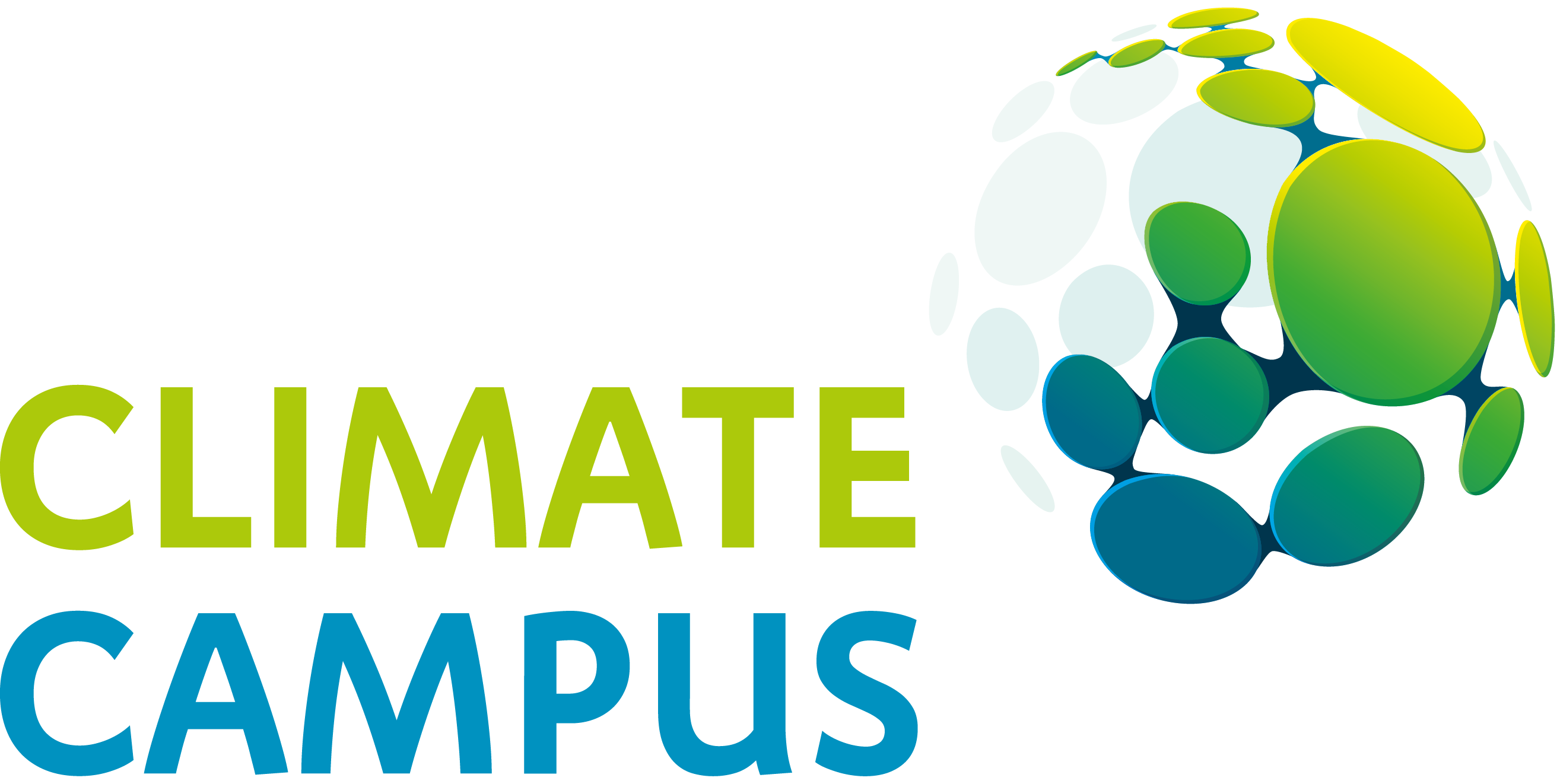In collaboration with Windesheim University of Applied Sciences and the Land Registry, Climate Campus organized an excursion in October 2020. It was part of the international research project IRUCOW: “Increasing the Resilience of Urban areas and their surroundings to impacts of Climate change by integrative management Of water resources and water related risks”.
In the IRUCOW research project, a consortium of Polish, German and Dutch universities, the Drents Overijsselse Delta water board, the Province of Overijssel and the municipalities of Kampen, Zwolle and the IJsseldelta Area Cooperative work together on the question: how do you manage water reserves and water-related risks in an integrated manner? The aim is to start a research project in the field of climate adaptation.
Delegations from Germany and Poland paid an online visit to the Mastenbroekenpolder and the municipality of Kampen in October 2020. The Drents Overijsselse Delta Water Board, the municipalities of Kampen and Zwolle, the province of Overijssel and the IJsseldelta area cooperative presented their guests an exciting programme.
Just like the Netherlands has the Mastenbroekenpolder, Poland and Germany also have a demo polder with water problems. Water safety, Citizen Empowerment and Agriculture are important themes. During the visit, the Netherlands was also able to convince the other partners of the importance of Social Innovation and an interdisciplinary approach.
Presentations
The Drents Overijsselse Delta Water Board gave a presentation about the subsidence and the associated future challenges in the polder. The presentation focused on the cause, the effects, area characteristics, what happens to the area without any interventions and various interventions that can be considered.
Other presentations were given by the province of Overijssel (spatial challenge of multiple developments and governance questions), the Ijsseldelta cooperative (energy transition, agro- and food governance problem) and the Hoogwaterbrigade Kampen.
The meeting was third in a row, after meetings in Poland and Germany. The uniqueness of the collaboration is that government, research and practice come together.
In short, there are opportunities for the Climate Campus to learn and gain experience in an international context. The first step is to find a suitable subsidy program to apply for. In any case, there is no shortage of nice people, good commitment and creative ideas!
